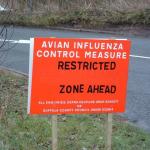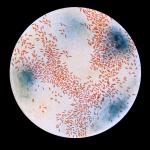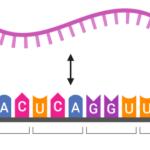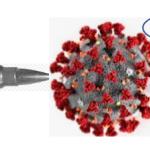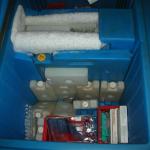Pfizer
This week is full of news relevant to those of us concerned about the future of antibiotics. The pharmaceutical industry is rebelling against the US plan to have Medicare negotiate drug prices.
Post-marketing surveillance of Pfizer’s and Moderna’s COVID vaccination has identified a possible association between its use and subsequent episodes of myocarditis and pericarditis – two forms of heart inflammation.
Back in February, when I got my second Covid shot in Manhattan, I never would have guessed that I'd be heading over to CVS for a booster. But that's just what happened last week.
It's been a tough time to be an anti-vaxxer, and it just got tougher.
The United Kingdom just became the first Western nation to approve a coronavirus vaccine for public use.
Over the past several days, the world has received monumentally good news: Vaccines exist against the coronavirus, and they are effective. Even better, vaccines are being developed by multiple companies.
Not in our wildest imagination would anyone have thought that we would have two 90+% effective COVID vaccines by mid-November. Most vaccine experts were estimating 50%, maybe 70% if everything went right. Wow!
Thanks to Herculean efforts by pharmaceutical companies all over the globe, the biomedical research community is now on the verge of producing the world's first successful coronavirus vaccine.
The good news shot around the planet within minutes: American pharmaceutical behemoth Pfizer, in collaboration with the German firm BioNTech, have produced a vaccine that is 90% effective at preventing coronavirus infection.
